In the annals of ancient history, one city-state emerges as an enduring beacon of martial prowess and military excellence: Sparta. Nestled in the rugged terrain of the Peloponnese peninsula, Sparta stood as a paragon of Greek civilization and a testament to the indomitable spirit of its warrior class, the famed Spartiates.
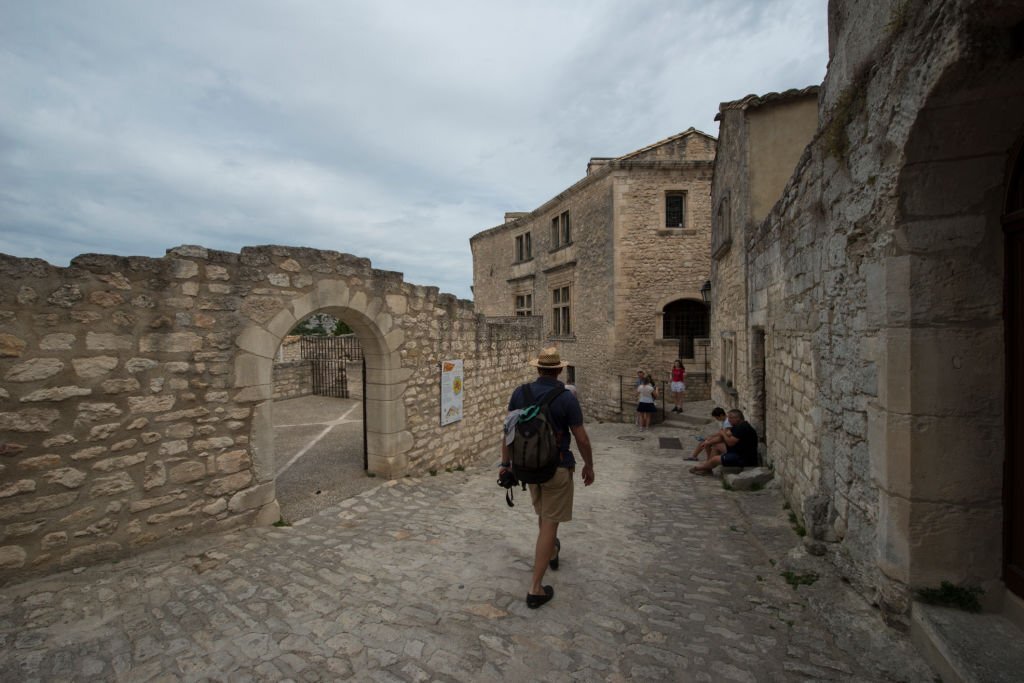 Renowned for their disciplined lifestyle, unyielding valor, and unwavering commitment to the art of war, the Spartans remain an emblematic symbol of an era when martial prowess held the highest esteem.
Renowned for their disciplined lifestyle, unyielding valor, and unwavering commitment to the art of war, the Spartans remain an emblematic symbol of an era when martial prowess held the highest esteem.
Sparta’s reputation as a cradle of formidable warriors can be traced back to its unique socio-political structure. The city-state was distinctive in its devotion to militarism, fostering a society centered around the ideals of courage, strength, and self-sacrifice.
The legendary Agoge, a rigorous and unforgiving training regimen, molded young Spartiates into hardened soldiers from an early age, instilling in them an unbreakable sense of duty to their homeland.
The pinnacle of Sparta’s military renown was reached during the Greco-Persian Wars, most notably at the Battle of Thermopylae.
Here, in this remarkable historical context, a small contingent of Spartan warriors, alongside their allies, held the pass against overwhelming Persian forces, showcasing their unparalleled combat skills and unwavering resolve. This stand became etched in history as a testament to the supremacy of Spartan training and discipline.
If you’re interested in discovering Oklahoma’s history, you can also explore how this state has its own unique stories to tell, much like the Spartans did in their time. Learn more about Discovering Oklahoma’s history and the fascinating narratives that have shaped the identity of this region.
Contents
- 1 Ancient Greek City-States: A Glimpse into the Past
- 2 Warrior Tradition in Ancient Greece
- 3 Sparta: The Epitome of Warrior Society
- 4 Warrior-Citizens of Sparta: An Social Structure
- 5 Training for War: Agoge – Forging Legends from Boys
- 6 Military Life in Sparta: Where Duty Transcends All
- 7 The Battle of Thermopylae: A Symbol of Valor and Sacrifice
- 8 Occupations for Men in Ancient Greece
- 9 Free Men Occupations: The Tapestry of Greek Society
- 10 Metic Jobs: Opportunities for Non-Citizens
- 11 Slave Labor and its Role: The Silent Contributors
- 12 Citizen Soldiers: Where Freedom and Valor Converge
- 13 Legacy of Warrior Traditions: Shaping Modern Ideals
- 14 Conclusion:
Ancient Greek City-States: A Glimpse into the Past
The legacy of warrior traditions in Greece stands as a testament to the valor and resilience of ancient civilizations. From the legendary Spartans, known for their unwavering discipline, to the valorous hoplites who defended city-states, Greece’s history is adorned with tales of heroic feats on the battlefield.
For those interested in discovering the singular charm of New Jersey, a destination with its own unique stories to tell, you can explore the page on the singular charm of New Jersey to uncover the captivating aspects that define the Garden State.
These warrior traditions reflect the values of honor, courage, and unity that were integral to Greek society. Their enduring impact resonates not only in history books but also in the indomitable spirit that continues to inspire modern generations, showcasing how the echoes of ancient warriors still shape Greece’s identity today.
To understand the prominence of warrior societies in ancient Greece, we must first grasp the concept of city-states. Unlike modern nations, ancient Greece comprised a collection of fiercely independent city-states, each with its own government, laws, and way of life.
Warrior Tradition in Ancient Greece
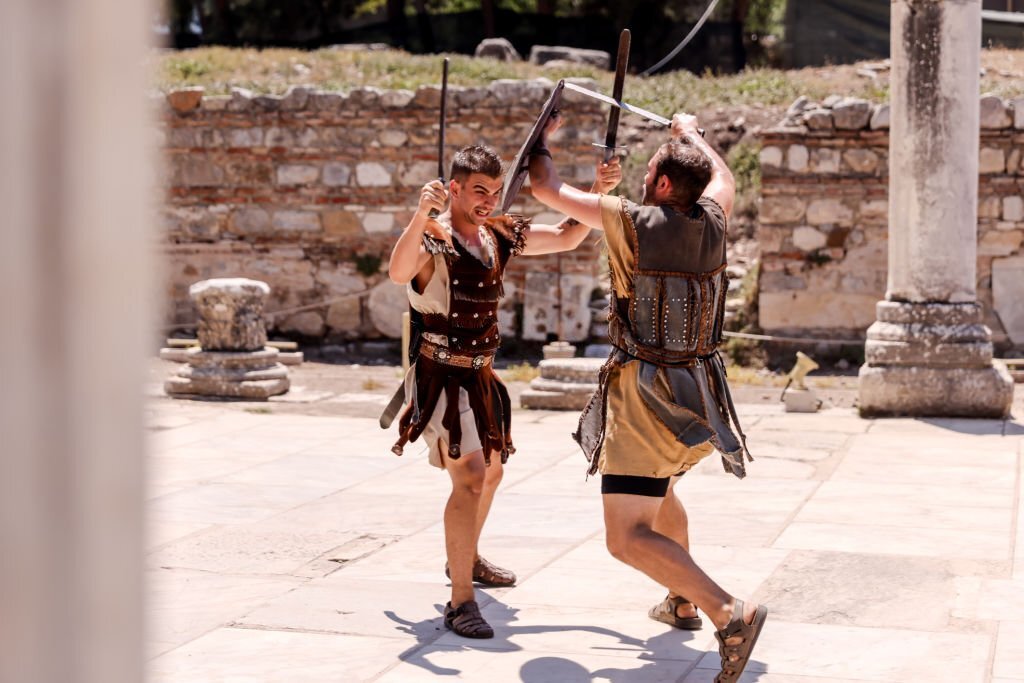 The valor of a warrior was highly revered in ancient Greek society. From a young age, Greek boys were instilled with the virtues of courage, honor, and physical prowess. These attributes were not just desirable but were also integral to the very essence of being a man in Greek culture. As a result, warrior culture became a cornerstone of Greek identity.
The valor of a warrior was highly revered in ancient Greek society. From a young age, Greek boys were instilled with the virtues of courage, honor, and physical prowess. These attributes were not just desirable but were also integral to the very essence of being a man in Greek culture. As a result, warrior culture became a cornerstone of Greek identity.
The sports history in Illinois is equally steeped in the spirit of heroism, reminiscent of the heroic figures of Ancient Greece. Just as Achilles displayed valor on the battlefield, Illinois has its own heroes in the world of sports.
To explore the best of this sporting heritage, delve into the captivating story of “Sports History in Illinois” on TalesofTravelers.com, where you can discover the athletes and moments that have left an indelible mark on the state’s history.
From legendary basketball rivalries to iconic baseball moments, this page will guide you through the best Illinois has to offer in the realm of sports history, celebrating the modern heroes who have become part of its enduring legacy.
Central to this tradition was the art of warfare, which not only determined the fate of nations but also forged individuals into legendary heroes. This article delves into the warrior tradition of Ancient Greece, exploring how the battlefield was a crucible for shaping heroes and immortalizing their names in history.
Sparta: The Epitome of Warrior Society
Among the numerous city-states of ancient Greece, Sparta held an unparalleled reputation for producing extraordinary warriors. The city’s entire culture revolved around its military excellence, shaping every Spartan from cradle to grave into a formidable soldier.
Their dedication to supremacy on the battlefield was akin to the legendary experiences you can uncover in “Iconic Vegas Experiences” on Tales of Travelers, where Las Vegas is celebrated for its unique attractions and unforgettable adventures.
Sparta, an ancient city-state nestled in the rugged landscape of southern Greece, stands as a symbol of unparalleled military prowess and discipline. Renowned for its exceptional emphasis on physical training, martial skills, and strict societal structure, Sparta’s legacy as the epitome of a warrior society remains deeply ingrained in history.
This article delves into the key aspects that defined Sparta’s unique character, exploring its militaristic values, social structure, and lasting impact on both ancient and modern times.
Warrior-Citizens of Sparta: An Social Structure
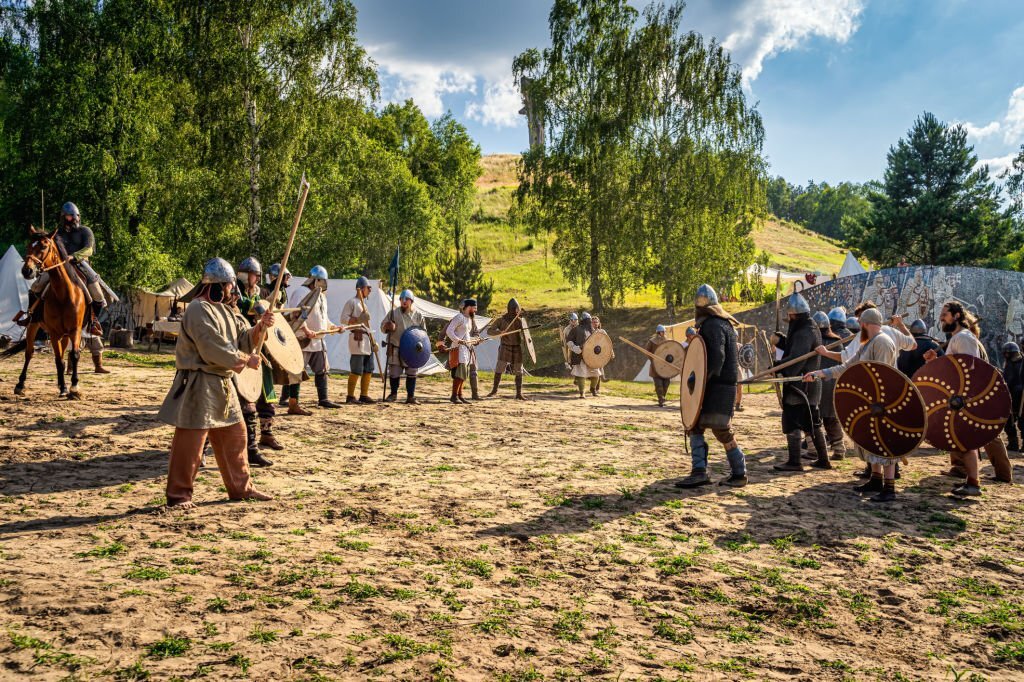 Sparta’s unique social structure revolved around the concept of warrior-citizens. Unlike other city-states where warriors were a specialized class, in Sparta, every able-bodied man was expected to be a warrior first and foremost. This distinctive approach blurred the lines between soldier and civilian, creating a society in which the art of war was synonymous with life itself.
Sparta’s unique social structure revolved around the concept of warrior-citizens. Unlike other city-states where warriors were a specialized class, in Sparta, every able-bodied man was expected to be a warrior first and foremost. This distinctive approach blurred the lines between soldier and civilian, creating a society in which the art of war was synonymous with life itself.
The ancient city-state of Sparta is renowned for its distinctive and unconventional social structure that revolved around the concept of producing highly disciplined and formidable warrior-citizens. Unlike many other societies of its time, Sparta’s focus on military excellence and communal living gave rise to a unique way of life that continues to captivate historians and scholars.
This article delves into the intricacies of Sparta’s social structure, shedding light on the factors that contributed to its formation, its impact on Spartan society, and the lessons it offers for understanding human history and societies.
Training for War: Agoge – Forging Legends from Boys
The rigorous training system known as Agoge was the crucible in which Spartan boys were forged into fearsome warriors. From a tender age, boys were subjected to harsh physical training, taught survival skills, and conditioned to endure the hardships of battle.
This education wasn’t just about producing strong soldiers; it was about nurturing unwavering loyalty, camaraderie, and a deep-seated sense of duty.
Military Life in Sparta: Where Duty Transcends All
In Sparta, military life was all-encompassing. Men spent the majority of their lives training, drilling, and preparing for battle. The famed discipline of the Spartan phalanx, a formation that relied on shield-bearing soldiers working together as an impenetrable unit, was a testament to their dedication and synchronized combat prowess.
The ancient city-state of Sparta, renowned for its formidable military prowess and unique way of life, stands as a symbol of discipline, sacrifice, and unwavering commitment to duty. In Sparta, the concept of duty was elevated to a sacred principle that governed every aspect of life, with the military occupying a central role in shaping the society.
This article delves into the fascinating world of military life in Sparta, exploring the rigorous training, strict societal norms, and the remarkable sense of duty that defined this ancient warrior culture.
The Battle of Thermopylae: A Symbol of Valor and Sacrifice
The annals of history are replete with tales of courage and sacrifice, but few stories resonate as deeply as the legendary Battle of Thermopylae. This historic clash between the vastly outnumbered Greek forces and the mighty Persian empire in 480 BCE has transcended time to become an enduring symbol of valor and sacrifice.
Nestled at the narrow coastal pass of Thermopylae in central Greece, this battle was not only a pivotal moment in the Greco-Persian Wars but also a testament to the indomitable spirit of those who fought against insurmountable odds. Speaking of iconic sites in Chicago, it reminds me of the historical significance attached to such remarkable places, much like how Thermopylae stands as a symbol of bravery and determination. You can explore more about such iconic sites in Chicago on this page: Iconic sites in Chicago.
Led by the Spartan King Leonidas I, a small Greek force of around 7,000 soldiers held the line against the overwhelming Persian horde commanded by Xerxes I, estimated to be hundreds of thousands strong.
Occupations for Men in Ancient Greece
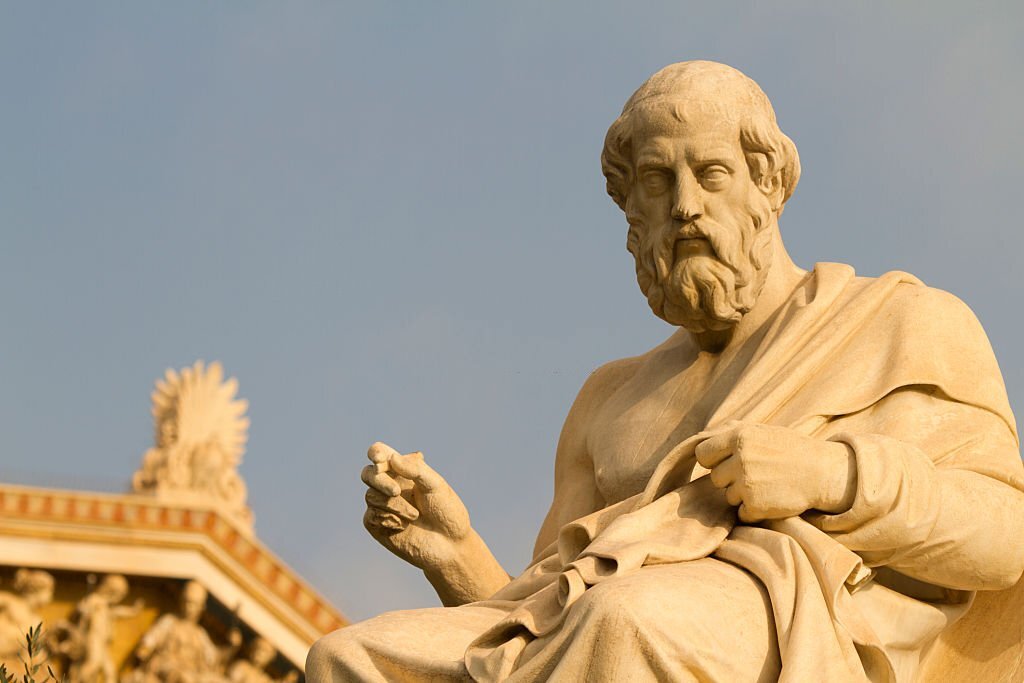 While Sparta shone as a city-state of warrior-citizens, other Greek city-states offered a diverse array of occupations for free men. From farming and trade to artistry and philosophy, these men contributed to the cultural and economic vibrancy of their societies.
While Sparta shone as a city-state of warrior-citizens, other Greek city-states offered a diverse array of occupations for free men. From farming and trade to artistry and philosophy, these men contributed to the cultural and economic vibrancy of their societies.
Ancient Greece is often remembered for its legendary warriors and military prowess, but the society of that time was rich and diverse, with a range of occupations that extended far beyond the realm of battle.
While the valor of soldiers in the city-states like Athens and Sparta is widely recognized, the contributions of men engaged in other professions are equally significant and have left a lasting impact on various aspects of history, culture, and daily life.
Free Men Occupations: The Tapestry of Greek Society
In city-states beyond Sparta, free men pursued a range of vocations that defined the fabric of Greek society. From Athens’ intellectual hub to Corinth’s bustling trade routes, each city-state played a role in shaping the mosaic of ancient Greece.
Ancient Greece, renowned for its rich cultural, philosophical, and artistic contributions, was a civilization intricately woven with a diverse range of occupations that shaped its social fabric.
At the heart of this tapestry were the free men – citizens who held the privilege of participating in civic life, thereby contributing to the development and sustenance of the Greek society.
This article delves into the multifaceted occupations pursued by these free men, highlighting their roles, significance, and influence in the broader societal context.
Metic Jobs: Opportunities for Non-Citizens
For metic individuals, who were resident foreigners, opportunities in trades, crafts, and services abounded. These non-citizens often found niches within the city-state economies, contributing to the overall prosperity.
In an increasingly interconnected world, the global job market is constantly evolving, and opportunities for employment are not restricted by national borders. Many countries recognize the valuable contributions that non-citizens can make to their economies and communities.
Metic jobs, which are positions that require a high degree of skill, expertise, and attention to detail, often offer unique opportunities for non-citizens to find meaningful work and build successful careers. In this article, we will explore the concept of metic jobs and discuss how they can provide opportunities for non-citizens.
Slave Labor and its Role: The Silent Contributors
Behind the scenes of Greek society were slaves, whose labor underpinned the economy. While they lacked the freedoms of citizen and metic alike, slaves were the unsung builders and artisans who helped erect the magnificent structures that defined Greek city-states.
The history of humanity is marred by numerous instances of exploitation and oppression, and one of the most heinous forms is the use of slave labor. Throughout the ages, countless societies have built their wealth and power on the backs of enslaved individuals who were forced to toil under brutal conditions.
Despite being often overlooked in traditional historical narratives, slave labor played a significant role in shaping economies, cultures, and societies. This article delves into the profound impact of slave labor, highlighting the silent yet pivotal contributions that enslaved individuals made to various aspects of human civilization.
Citizen Soldiers: Where Freedom and Valor Converge
The concept of citizen soldiers was a unique feature of ancient Greece. These warriors weren’t just men of the battlefield; they were active participants in the political life of their city-states, contributing to the decision-making process and safeguarding the ideals of democracy and freedom.
Citizen soldiers, the backbone of any nation’s defense, are ordinary individuals who rise to the extraordinary occasion of protecting their homeland and upholding the values they hold dear. In the pages of history, these unsung heroes emerge as a testament to the indomitable spirit of the human will when called upon to defend freedom and liberty.
This article delves into the world of citizen soldiers, exploring the profound convergence of freedom and valor within their ranks.
Legacy of Warrior Traditions: Shaping Modern Ideals
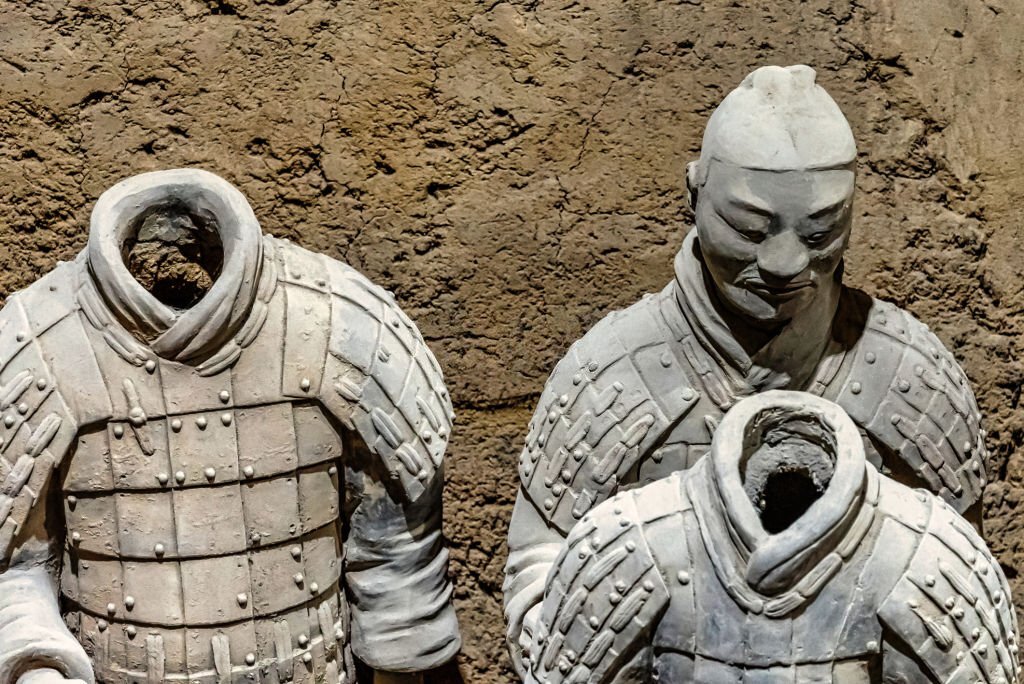 The warrior traditions of ancient Greece left an indelible legacy that continues to influence modern societies. Concepts of honor, discipline, and the pursuit of excellence echo through the ages, reminding us of the enduring power of the warrior ethos.
The warrior traditions of ancient Greece left an indelible legacy that continues to influence modern societies. Concepts of honor, discipline, and the pursuit of excellence echo through the ages, reminding us of the enduring power of the warrior ethos.
The legacy of warrior traditions in Greece stands as a testament to the valor and resilience of ancient civilizations. From the legendary Spartans, known for their unwavering discipline, to the valorous hoplites who defended city-states, Greece’s history is adorned with tales of heroic feats on the battlefield.
These warrior traditions embody the core values of honor, courage, and unity that held significant importance in ancient Greek society. Their lasting influence extends beyond the pages of history and continues to reverberate in the unyielding spirit that serves as a timeless source of inspiration for contemporary generations. Discover more about the enduring legacies that have helped shape Greece’s identity to this day on the Tales of Travelers page titled Oklahoma’s Iconic Landmarks, where you can explore not only Greece’s warrior traditions but also Oklahoma’s iconic landmarks that showcase a different facet of cultural heritage.
Conclusion:
When it comes to the finest warriors in ancient Greece, the city-state of Sparta indisputably takes the crown. From an early age, Spartan males underwent rigorous training in the agoge, a state-sponsored education system aimed at crafting elite warriors.
Unlike their Athenian counterparts, who were well-versed in philosophy, art, and democracy, Spartans were bred for war. Their unwavering focus on military excellence, the cohesion of their phalanx formation, and their unparalleled discipline on the battlefield made them a force to be reckoned with.
While Athens may have won in terms of culture and intellect, Sparta’s warriors were without a doubt the most formidable, shaping an enduring legacy that has captivated historians and military enthusiasts alike.

